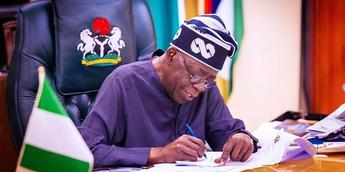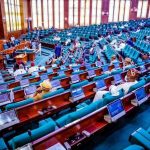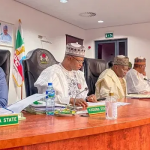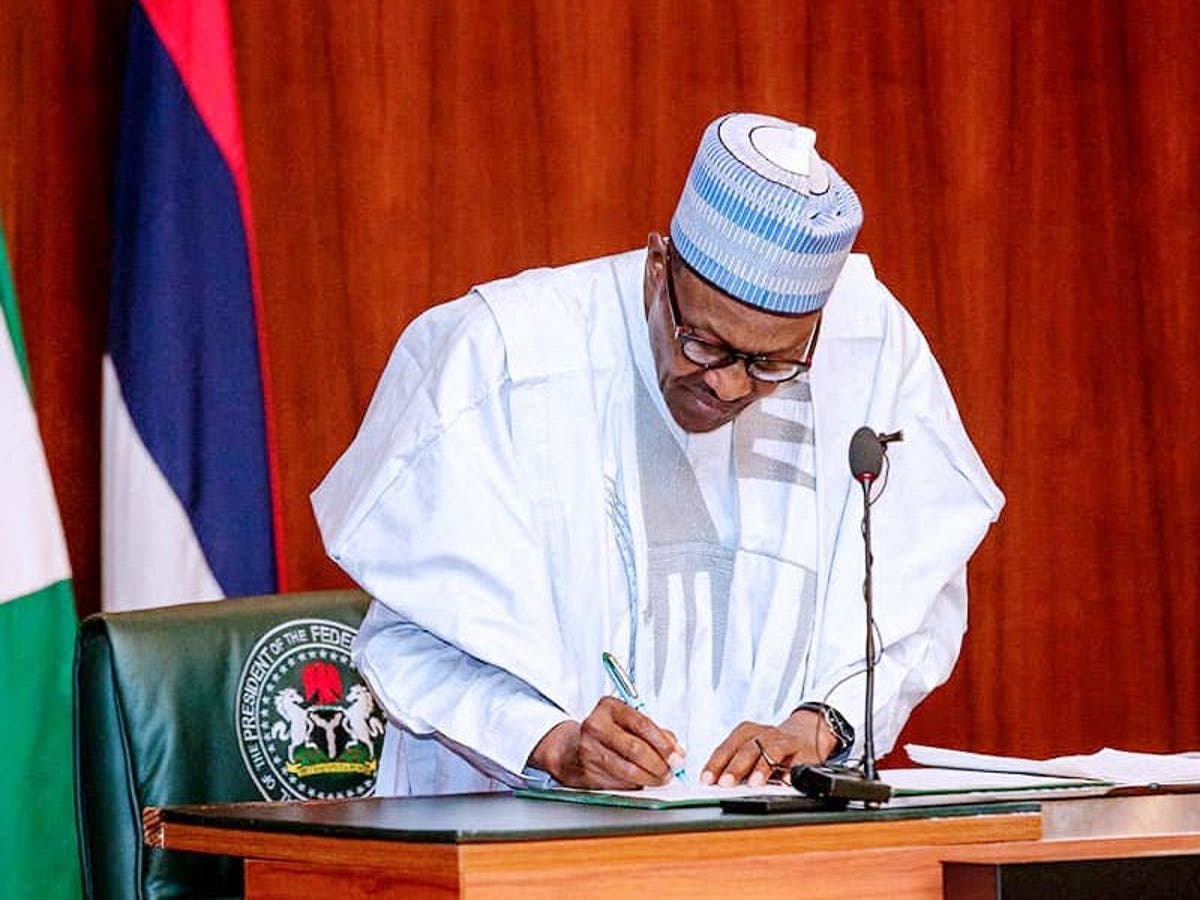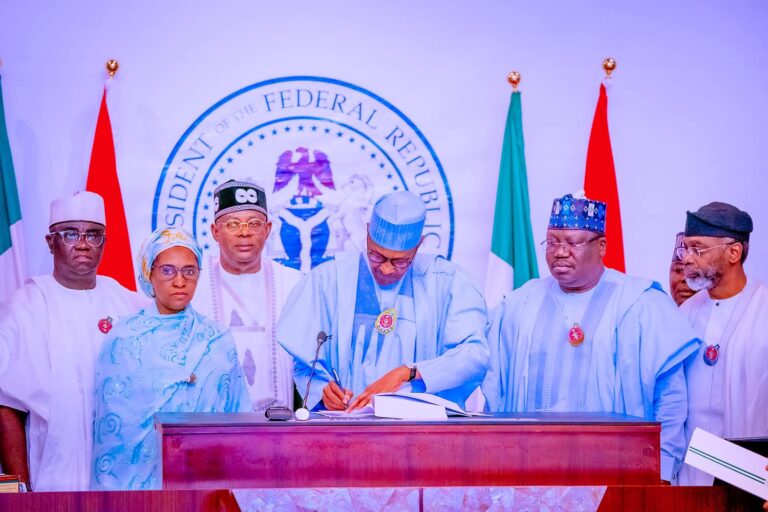President Bola Tinubu has declined the National Economic Council’s (NEC) recommendation to withdraw the Proposed Tax Reforms Bill from the National Assembly. Despite strong objections from Northern leaders who argue that the bill is regionally biased, Tinubu maintains that due process in legislation is key. He has invited all stakeholders with concerns to voice their perspectives during public hearings, allowing for balanced input from across Nigeria.
NEC, led by Vice President Kashim Shettima, initially suggested that the bill undergo further consultation. In response, the Presidency assured Northern Governors that the reforms are intended to provide economic benefits across all 36 states. Tinubu’s office, through a statement by Special Adviser Bayo Onanuga, highlighted the administration’s openness to stakeholder engagement and adjustments as the bill moves through the legislative process.
In August 2023, President Tinubu set up the Presidential Committee on Tax and Fiscal Policy Reform with a clear vision: to make Nigeria’s economy more attractive for investors and support growth through productivity. This committee has spent over a year consulting a wide range of groups across Nigeria—including business owners, government agencies, trade associations, and students—to shape the reform.
Key Components of the Tax Reform Bill
The proposed legislation is a set of four interconnected bills designed to revamp the tax landscape and create a fairer, more efficient system for individuals and businesses alike:
- Nigeria Tax Bill– Aims to reduce multiple taxation, streamlining obligations for companies to encourage a more competitive economic environment.
- Nigeria Tax Administration Bill (NTAB)– Proposes a unified system across federal, state, and local levels to improve compliance and revenue collection.
- Nigeria Revenue Service (Establishment) Bill– Restructures the Federal Inland Revenue Service (FIRS) into the Nigeria Revenue Service, broadening its reach to operate across all levels of government.
- Joint Revenue Board Establishment Bill – Establishes a Joint Revenue Board and a Tax Ombudsman Office to ensure taxpayer protection and dispute resolution.
By consolidating taxes like the Company Income Tax, VAT, and Petroleum Profits Tax under a single framework, the government aims to resolve inefficiencies in Nigeria’s tax system and strengthen revenue generation to support national development.
Business Implications for MSMEs in Nigeria and Africa
This tax reform, if passed, could be transformative for small and medium-sized enterprises (MSMEs) by simplifying tax regulations, lowering administrative burdens, and enhancing transparency. Multiple taxation is a recurring issue for MSMEs, often affecting profitability and discouraging formalization. With the introduction of a unified tax system, businesses could potentially see reductions in redundant taxes, which would ease their financial strain and create a more enabling environment for growth.
For businesses operating across Nigerian states, the streamlined tax administration model could simplify compliance, making it easier to understand obligations at each government level. This, in turn, could reduce operational costs related to navigating complex tax codes and increase overall efficiency. The inclusion of a Tax Ombudsman Office also signals a government commitment to protecting business interests and ensuring fair tax practices—an encouraging move for entrepreneurs and investors concerned about dispute resolution and protection from potential overreach.
On a broader scale, these reforms could make Nigeria a more attractive destination for foreign investment, as international businesses are often deterred by cumbersome tax requirements. By setting a precedent for improved fiscal policy, Nigeria could draw interest from African and global investors seeking markets with transparent and efficient tax systems.
As the bill proceeds through the National Assembly, MSMEs, investors, and other stakeholders should monitor developments closely, as adjustments in the legislative process could further define the bill’s impact on businesses.


